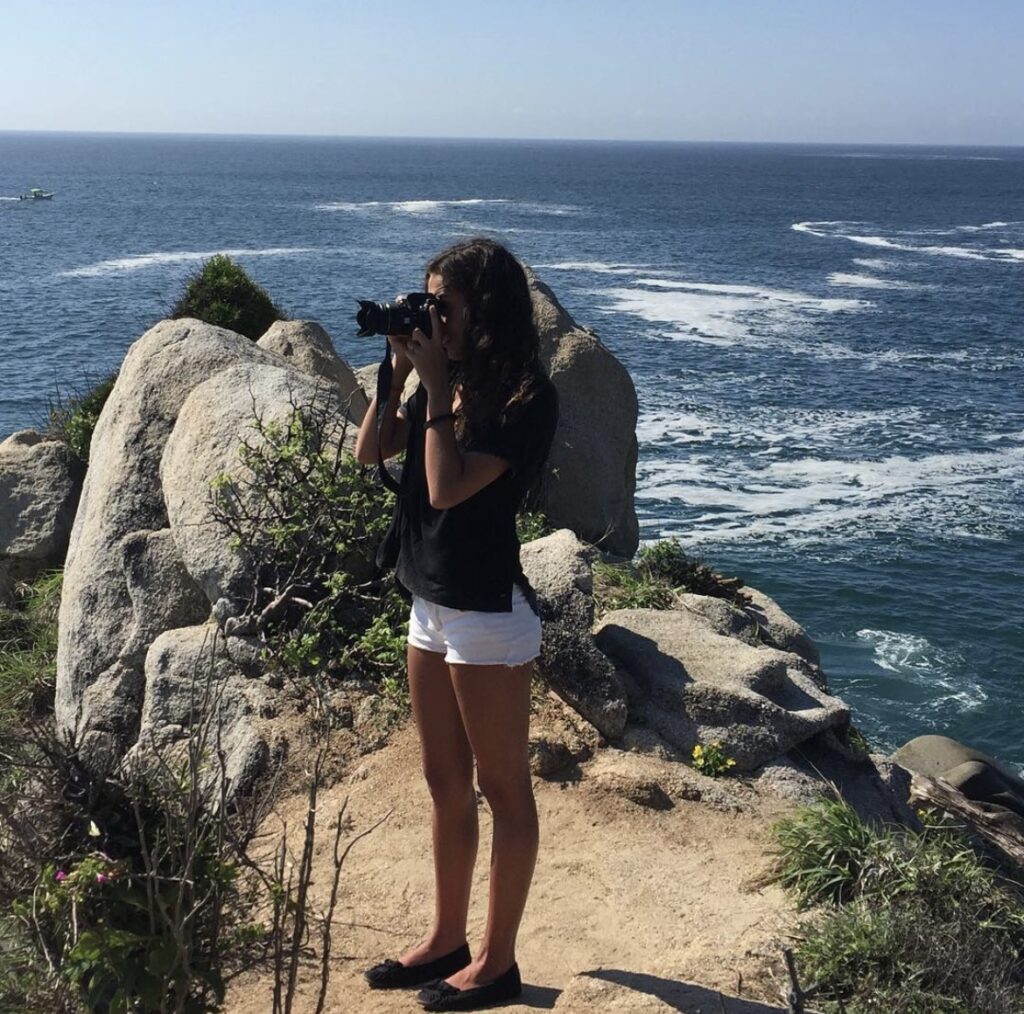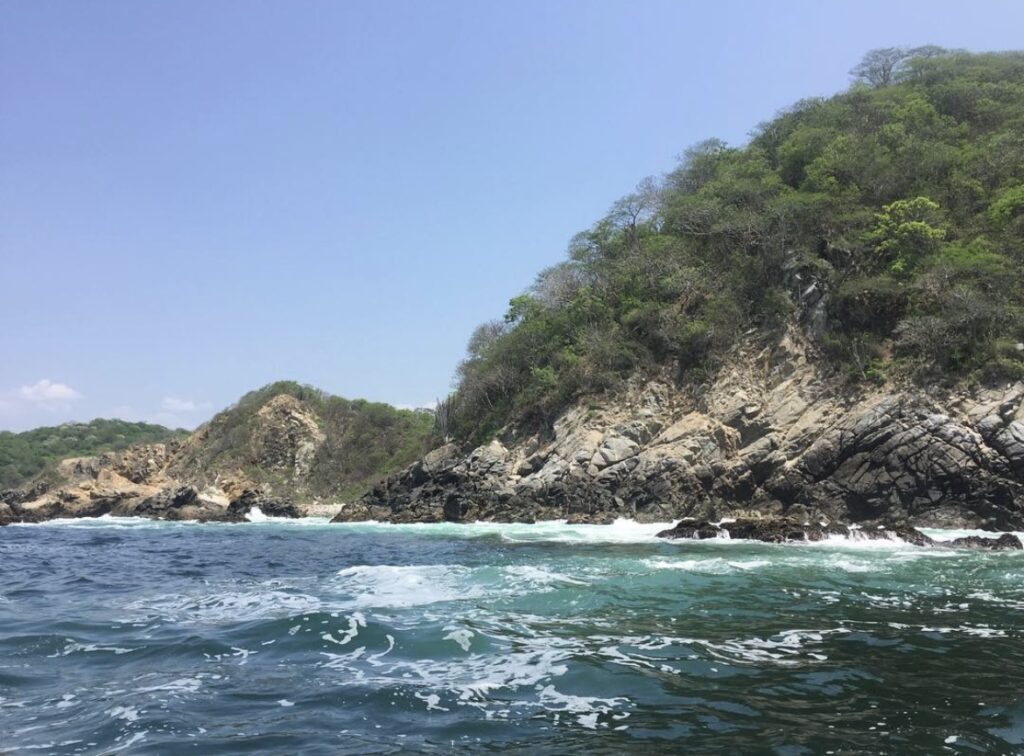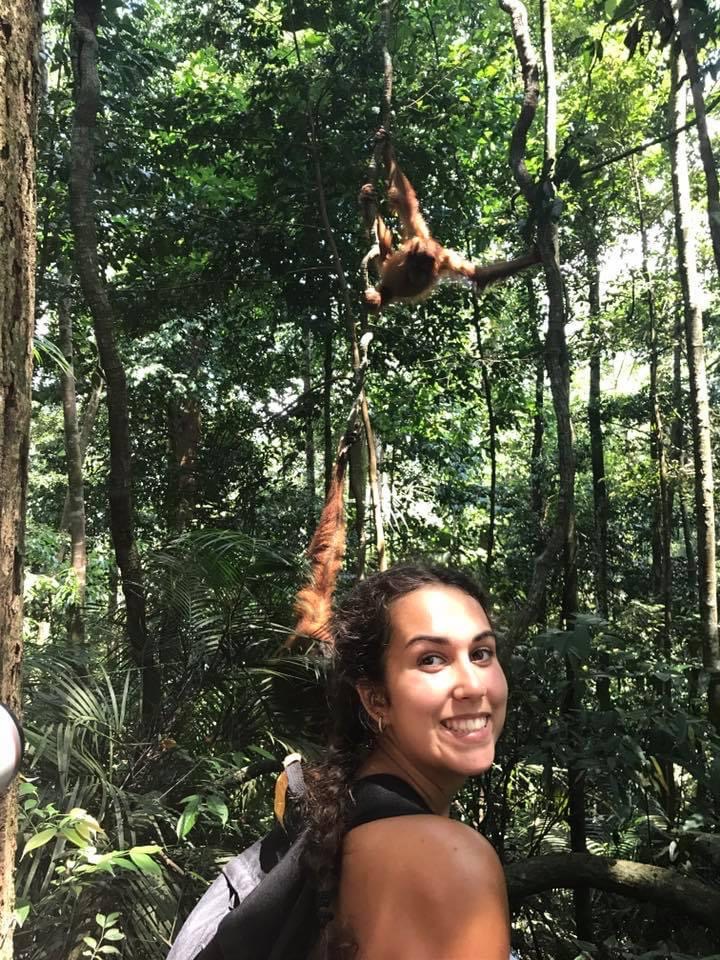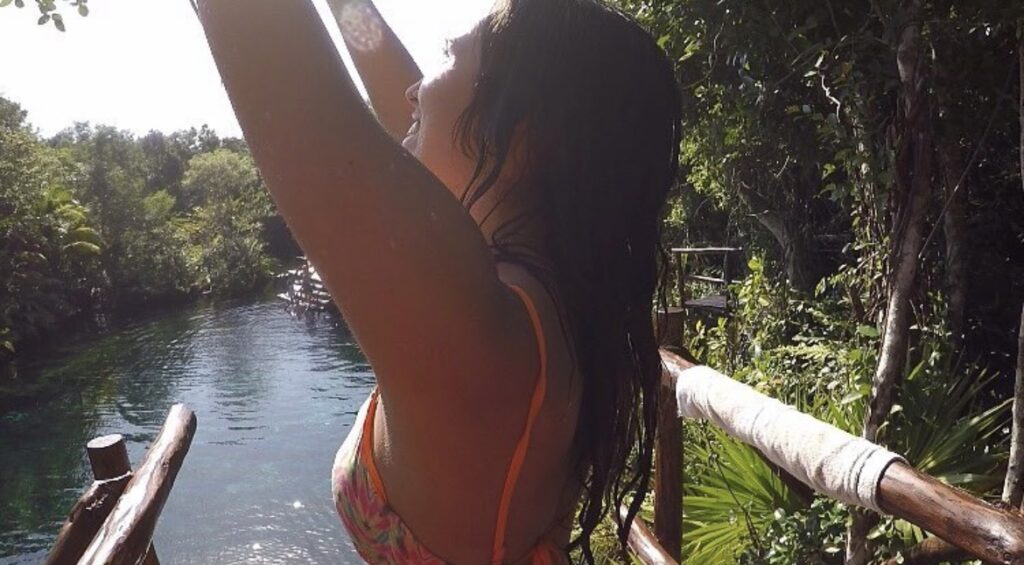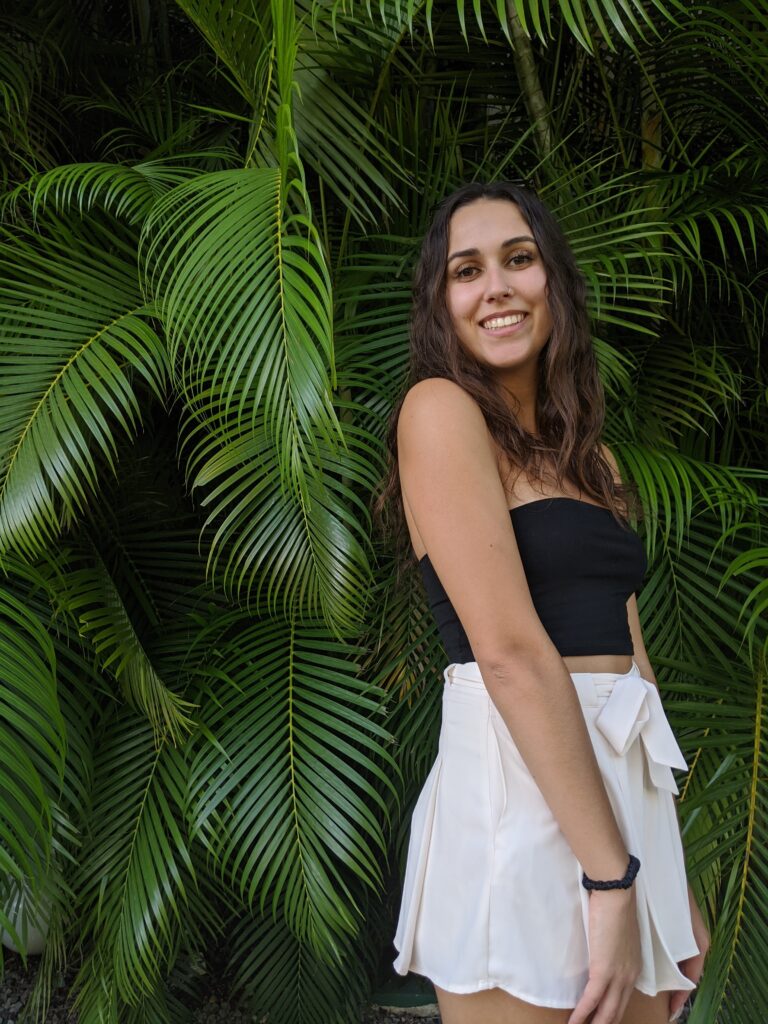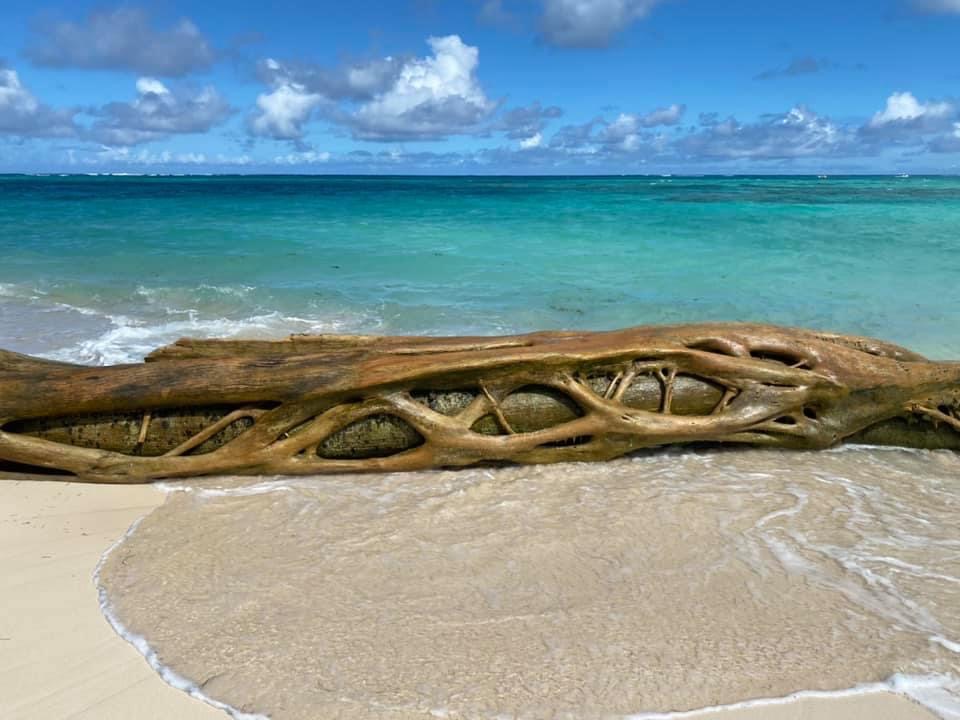Category B: Global Competency Related Courses (credit or service)
High – 3-7 Points
NURS 3730: Health & Healing 5: Complex Health Challenges/Healing Initiatives
NURS 3730 is a course built on the foundation of learning to apply knowledge and skills when caring for a client, while taking the clients’ experiences and situation into consideration. ‘Health and Healing’ courses in the nursing program emphasize the importance of viewing the client from a holistic lens, which includes taking the clients’ lived experiences into consideration when providing them with care. In order to provide holistic, patient-centered care as nurse must learn about their client’s culture, beliefs and values to best integrate nursing interventions.
NURS 4210: Nursing Practice 8: Transitioning to BScN Graduate
As the final practicum of TRU’s BScN Program, NURS 4210 provides ample oppourtunity to display all the skills and knowledge obtained throughout one’s education. In my final practicum I worked at Kamloops Community Mental Health & Substance Use Clinic, where I had the oppourtunity to work with individuals of many different cultures. In doing so, I was able to learn more about each individual;s traditions and beliefs in order to implement nursing interventions in a way that best aligned with their way of living. Having worked in mental health sectors of health for quite some time, I have found the Indigneous Medicine Wheel to be a foundational concept in the work I do, prioritizing physical, spiritual, mental and emotional health in order to achieve optimal wellbeing.
HLSC/NURS 3830: Global Health Perspectives
HLSC/NURS 3830 was an eye-opening course which highlight global health issues related to factors such as environment, geography, culture and religion. Unfortunately due to the COVID-19 Pandemic my class was not offered an international experience in the spring term of our third year which I had hoped to go on; However, I am thankful to have experienced this course which provided me with deeper insight regarding how health impacts people and communities in other areas of our world.
NURS 1730: Health & Healing 1: Living Health
NURS 1730 was my first ever “Health and Healing” course in my nursing program. My instructor, an Indigenous woman herself, was passionate about including Indigenous ways of knowing in our curriculum. In the class, we took a day for field work on site of a sacred Indigenous landmark at Pipsel Lake organized by a local Indigenous leader. This leader shared with us the importance of understanding Indigneous values and was able to teach our class about his Nation’s ‘creation story’ and how that relates to his culture and his community. In this course we related course examples and assignments to Indigneous ways of knowing, and were asked to make numerous reflections about how we felt cultural humility and respect influenced our practice as nurses.
ENGL 1110: Introduction to Fiction
The curriculum of this course found ways to incorporate Indigenous perspectives and concepts into our learning on a daily basis. Our intructor (Jennifer Narcisse) was a local Indigenous woman herself, and her passion for her culture was shining through her teachings each and every lecture. Almost all of our assignments were related to Indigenous culture, including reflections regarding the Medicine Wheel, and our final assignment which was a literary analysis of Keeper’n Me by Richard Wagamese, a local Indigenous author from the Tk’emlúps te Secwepemc Nation. In this literary analysis I examined the ideological differences and similarities between Indigenous and Eurocentric philosophies.
NURS 3170: Relational Practice 3: Connecting Across Differences
NURS 3170 is a relational practice course of which we were educated on the complexities of the relationship between clients and contexts as viewed through numerous perspectives including that of individual, cultural, social and role constructs. In this course one of our final projects was a ‘bias recording’ of which I was required to reflect upon my own biases, and debrief these with a partner in an interview-like video recording. We explored how our biases impact our nursing, how to manage our biases, and the importance of recognizing one’s own biases and beliefs in order to not allow them to impact the care provided to clients.
NURS 3500: Health & Healing 7: Promoting Community & Societal Health
NURS 3500, another ‘Health and Healing’ course consisted of further exploring how individuals and communities are impacted by culture, environment, politics and social supports. In this course we explored the complexities of culture by touching on important topics such as social inclusion, racism, determinants of health and colonization. In my final assignment which was a scholarly paper, I discussed the topic of youth homelessness and explored how being a part of a minority group or being a person of color impacts one’s likelihood of being homeless.
Category C: International Experience
Low – 1 Point (x6): Other international experience (documented by student)
Cancun 2010:
In 2010 I travelled to Cancun, Mexico with my family. This was my first trip abroad, and was also my first trip out of British Columbia. On this trip we visited and supported many local community members and businesses, learned about the Mexican culture and visited a variety of local landmarks including protected national parks, nearby historical sites and a cultural performance site. This was my first experience learning about a new culture first-hand through my own eyes, and I remember it sparking my interest in continuing to travel and broaden my knowledge of other cultures around the globe as I grew older.
Hualtuco 2016:
In 2016 I was granted another opportunity to travel aboard with my family, again to Mexico, but this time in the southern portion of the country in Hualtuco. On this trip we took part in learning Mexican traditional dances, trying local cuisine, and learning more about their cultures rich history.
Indonesia 2017:
In 2017, myself and a childhood best friend decided to celebrate the beginning of adulthood by embarking on a month-long backpacking trip to Indonesia. In Indonesia we backpacked through numerous Indonesia Islands, including but not limited to Bali, Java and Sumatra. While on our adventure, we ventured off the beaten path into rural and remote communities to fully embrace the local culture. We learned the language, tried local delicacies, joined local community members on treks through the jungle where we ran into some wild orangutans, went hunting for fish with local families and of course visited temples of which we were allowed. This was the most culturally rich experience that I have ever experienced on an international level, and it is a month that I will cherish forever.
Tulum 2017:
In 2017, my partner and myself saved up to travel to Tulum, Mexico; as he knew that Mexico was one of my favorite countries with a rich culture I wanted to share with him. In Tulum we indulged in many local activities such as learning about and visiting historical landmarks, exploring environments unique to this area of Mexico, and took a Spanish class so that my partner could learn some of the local language that I was already fluent in due to taking Spanish in secondary school. This trip was great, and as always I grew an even greater appreciation for the Spanish culture that has so many interesting customs and practices am so grateful to the that many locals that were excited to share these with interested travelers such as myself and my ex-partner.
Varadero 2018-2019:
Again my partner at the time and myself spent the year saving for yet another trip to a new destination – Varadero, Cuba in the winter of 2018-2019. Neither of us had ever visited this country before, therefore it was yet again an overwhelmingly education experience learning about the local norms and customs. Together on this trip we donated to local community members and groups, visited local attractions and took part in traditional practice such as dancing and celebrations over the new year. We were staying in walking distance of the city centre, therefore we took advantage of this by walking over almost every day to venture into a new part of town to network with a variety of community members whom all had valuable information and lessons to teach us regarding their culture.
Punta Cana 2019-2020:
In 2019-2020 I was fortunate enough to take a trip to Punta Cana before the COVID-19 Pandemic begun. I took this trip with my family and partner at the time. Together we took part in a variety of traditional practices, visited local landmarks, and built relationships with and supported local community members. This was my first time to the Dominican Republic, and hence was a very educational trip as I had much to learn about the culture, their values and their traditions. This was the last international family trip that we had taken before myself and my sister moved to different cities, therefore, the memories I hold from this trip are very meaningful to me.
Category D: Globally Competent Employment Related Activity
High – 5 Points: 250 hours
For the past year I have worked with Interior Health Authority as an Employed Student Nurse (ESN) at Hillside Psychiatric Centre. As a nursing student, and as an employee in the field, respecting and supporting my client’s is of utmost importance to me. Having a strong passion for mental health, working in the psychiatric field of nursing has required me to remain empathetic, compassionate, and humble, while building trusting and therapeutic relationships with my clients. Prioritizing physical, emotional, mental and spiritual health and safety is a totem of my practice; Viewing my clients as a whole and taking their unique lived experiences into consideration is paramount to providing holistic, client-centered care. As a healthcare practitioner, it is my responsibility to not only remain a lifelong learner by allowing my clients to educate me on their values, beliefs and traditions but also to do what I can to best support and advocate for them.
Category E: Volunteer Related activity in Canada (on or off TRU Campus)
High – 5 Points: 35 hours
TRU UNICEF Club:
As an invested volunteer I am highly involved in all aspects of the club including but not limited to onboarding/recruiting, planning, fundraising, community outreach, and events. Due to COVID-19 Pandemic many of our original plans for events have needed to be altered to adhere to Health & Safety Guidelines, but we have still found many ways to fundraise for the club.
Two examples of our most successful fundraisers this past year included:
(1) Our First Annual Run for Residential School Survivors planned after the Tk’emlúps te Secwépmec First Nation found 215 remains at the site of a former residential school in Kamloops BC. This fundraiser required planning, adverting via social media platforms and networking, tracking of each participants’ kilometers, and donating of all proceeds directly to the Orange Shirt Society(to support reconciliation, and create awareness of the individual, family and community inter- generational impacts of residential schools.
(2) Our Haunted Hospital Haunted House Fundraiser which required numerous brainstorming and planning meetings, recruiting and training actors, adhering to TRU’s social gathering COVID-19 Protocols which included contact tracing and verifying vaccination status of donators participating, set-up and take-down of the event, advertising via social media platforms/networks, and donating the proceeds to UNICEF to purchase survival kits for high-need children in families internationally. These said gifts provide children with healthcare, clean water, nutrition and education to list a few in order to support them to not only survive, but thrive as functioning members of society.

